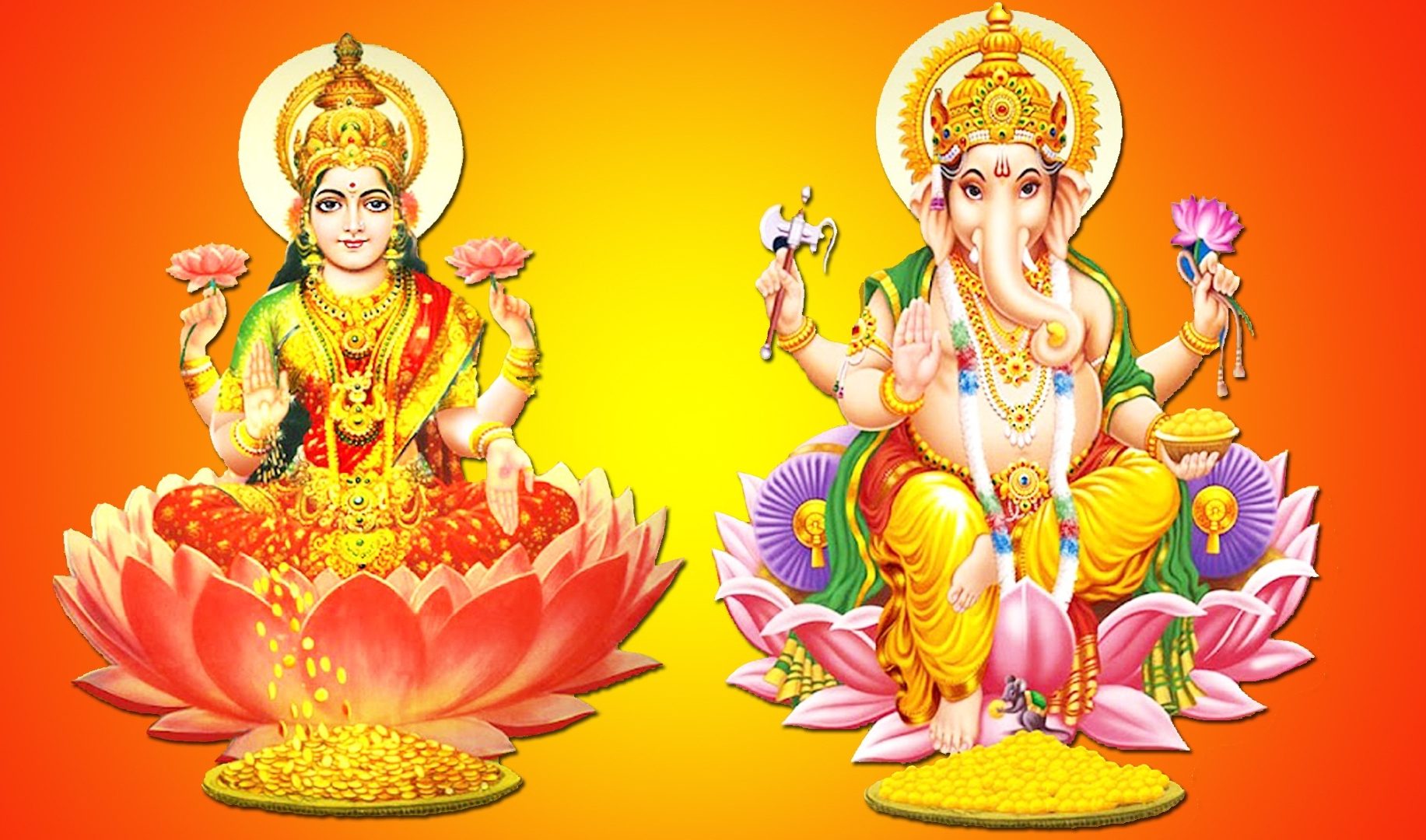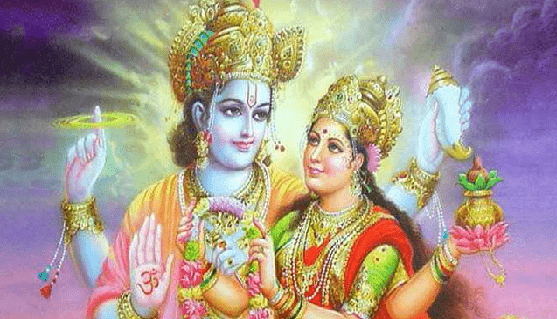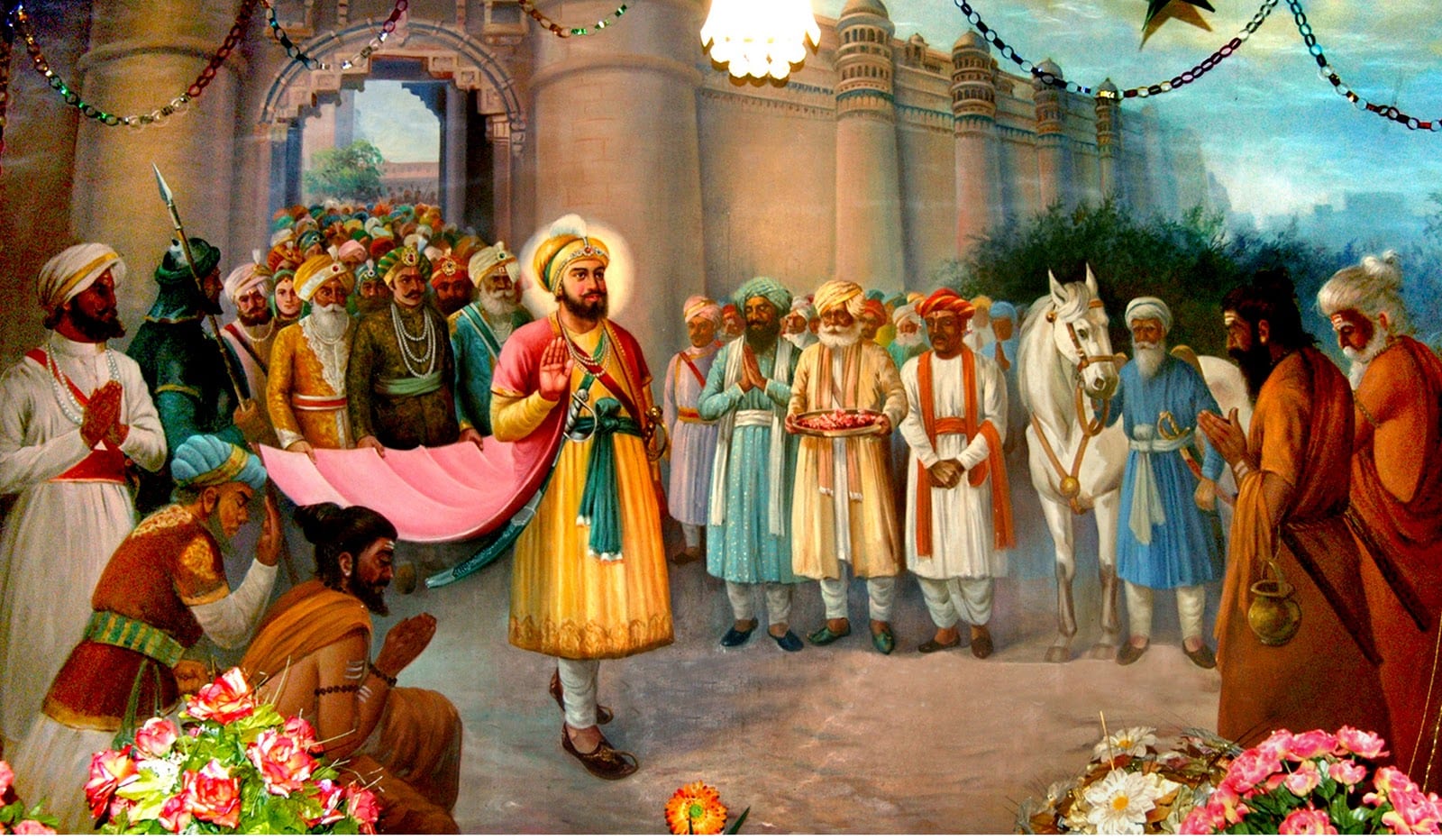The word Diwali is made of two words; deep (lamp or diyas) & avali (row), which signifies a series or a line of lamps.
Even acclaimed as the Festival of Lights, Diwali is connected with lights, sweet treats, and also liveliness; most importantly lights.

Since, it is celebrated on the new-moon (Amavasya) night, lights and fireworks possess a purposeful role to enjoy in this festival. This is the reason, the moment many of us come across the term Diwali, the very first impression that flashes through our minds is of multicolored as well as spectacular fireworks, scattering different styles of vibrant shaded lights in the night sky.
Diwali is fundamentally a five days celebrated festival which specifically starts from Dhanteras, Naraka Chaturdasi, Padva and concludes on Bhai Dooj day.
Diwali festival represents the glory of light over darkness. Diwali festival happens on the 13th lunar day of Krishna Paksha of the Hindu calendar month of Ashwin every year.
In addition, on this day, people light up diyas and also perform puja’s so that Goddess Lakshmi grants them with joy and prosperity. Women of all ages draw rangolis, light lamps and also exchange sweets with their dear ones.
You’ll probably be astonished to find out that there is not just one, but more than a few good reasons why all of us have Diwali celebrations every year.
- Diwali is celebrated in honor of Lakshmi – the Hindu goddess of wealth and prosperity.

- Idols of Lord Ganesh and Goddess Lakshmi are placed side by side for the prayers and rituals. Lord Ganesh is worshipped very first followed by Goddess Lakshmi.

- Diwali is also celebrated in honor of the wedding of the Lord Vishnu and Goddess Lakshmi.

- Diwali also represents the victory of the Lord Krishna over the demon Narakasura.

- The celebration also represents the return of the Lord Rama, Sita and Rama’s brother Lakshmana after completing fourteen years in exile.

- Diwali also performs a significant role in Sikhism. Sikhs celebrate Diwali, as it represents the release of Guru Hargobind Sahibji – and 52 other kings and princess of India that were made captives by the mogul emperor Shah Jahan.
 The foundation stone of the Golden Temple was laid on the day of Diwali in 1577.
The foundation stone of the Golden Temple was laid on the day of Diwali in 1577.


































































































